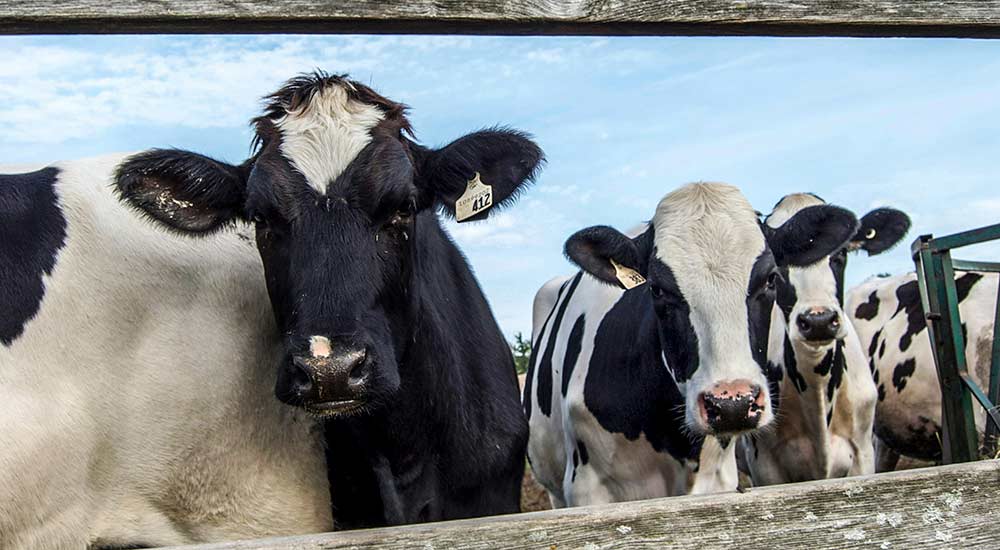What To Know about Livestock Collision Insurance

Livestock owners know that accidents can happen at any time, and when they do, they can be costly. According to The University of Tennessee, just one cow on your farm can be worth $2,500 or more*, leaving ranch owners open to substantial financial risk if an accident occurs. That's why many farmers and ranchers opt for livestock collision insurance to protect their animals and their livelihood. Whether you own a small family farm or manage a larger ranch, protecting your livestock investment against the unexpected risks of collisions is key.
What is livestock collision insurance?
Livestock collision insurance is a type of animal insurance that covers the loss of livestock due to collisions with vehicles. This can include accidents involving cars, trucks, and even trains. It is designed to protect farmers and ranchers from financial losses in the event of an accident involving their livestock. The amount of coverage and the cost will vary depending on the type and number of animals being insured, as well as the location and size of the farm or ranch. This type of insurance provides coverage for a variety of livestock, including cattle, horses, sheep, pigs, and poultry.
What does it cover?
Livestock collision insurance typically covers the cost of the animal if it is killed or injured in a collision with a vehicle. It may also cover the cost of veterinary care for injured animals, as well as any loss of income resulting from the accident. Some policies may also cover the cost of replacing the animal if it is killed in the collision.
What isn't covered?
While livestock collision insurance provides valuable coverage for accidents involving livestock and vehicles, it's important to understand that it may not cover every circumstance. Here are a few aspects that livestock collision insurance typically does not cover:
- Breeding or Genetic Loss: Livestock collision insurance usually does not cover losses related to breeding or genetic issues, such as infertility or genetic defects.
- Pre-existing Conditions: If your livestock already has a pre-existing condition or health issue before the collision, the insurance may not cover the treatment or loss related to that condition.
- Age Limitations: Some livestock collision insurance policies may have age limitations, meaning they may not cover animals that are older or younger than a certain age.
- Exclusions for Certain Breeds: Certain livestock breeds may be excluded from coverage under a livestock collision insurance policy, so it's important to check if your specific breed is covered.
- Policy Limits: Livestock collision insurance may have certain limits on the amount it will pay out in case of a collision, so it's important to review and understand these limits before purchasing a policy.
- Geographic Limitations: Some livestock collision insurance policies may have geographic limitations, meaning they only cover collisions that occur within a certain geographic area or region.
- Other Policies and Coverage: It's important to note that livestock collision insurance may not be the only type of coverage you need for your livestock. Depending on your specific situation, you may also need liability insurance, property insurance, or other specialized farm and ranch coverage to fully protect your animals and your business.
Livestock collision insurance is an important investment for farmers and ranchers who rely on their animals for their livelihood. It provides financial protection in the event of an accident involving their livestock and can help ease the burden of unexpected expenses. If you own livestock, it's important to consider adding this type of insurance to your policy. It's also a good idea to make sure your farm equipment is fully protected.
Talk to a trusted insurance agent for more information about Main Street America's farm and ranch insurance.
*https://utbeef.tennessee.edu/cattle-economics-cattle-production-cost

